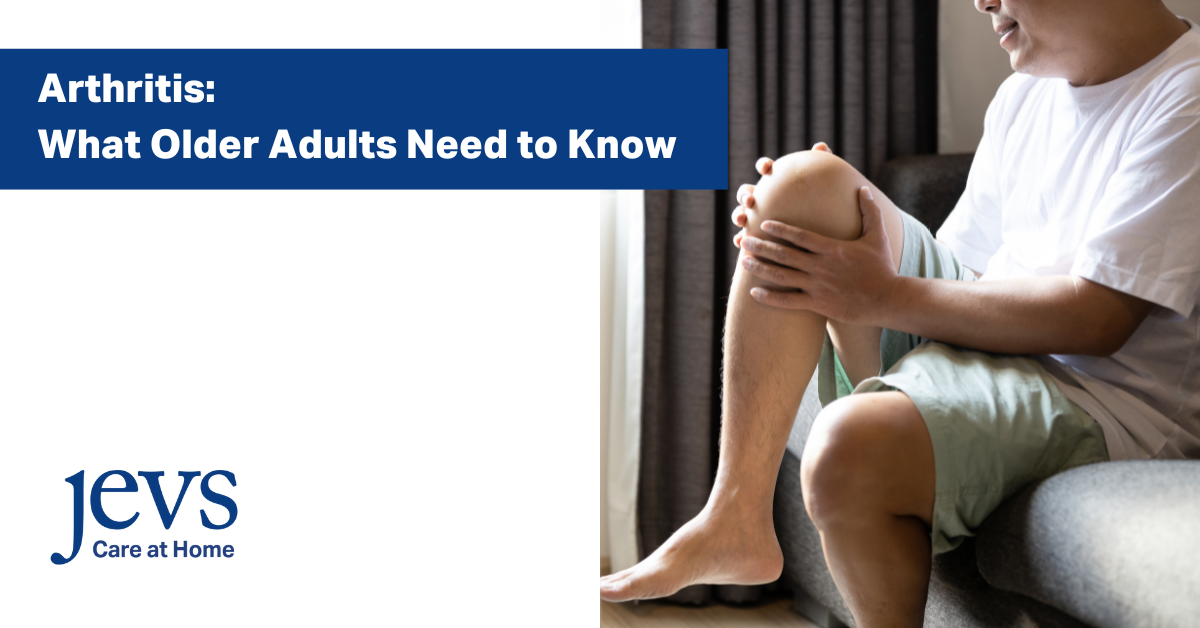By Thomas H.
When someone says they have “arthritis” they may have one of more than 100 diseases that affect the joints. These diseases include osteoarthritis (also called degenerative arthritis), rheumatoid arthritis, inflammatory arthritis, and gout. All these diseases cause joint pain and stiffness. According to the Centers for Disease Control (CDC), arthritis is the leading cause of disability. In the U.S., 53.2 million people (21.2 % of adults) have arthritis, which occurs more frequently as people age. Osteoarthritis (Degenerative Arthritis) is the most common form of the disease.
Arthritis symptoms like pain, swelling, and decreased range of motion may come and go. They can be mild, moderate, or severe. They may stay about the same for years but may get worse over time. Severe arthritis can lead to chronic pain. People who have arthritis may have trouble walking, climbing stairs, or doing essential daily tasks. Arthritis can cause permanent joint changes. Some types of arthritis also affect the heart, eyes, lungs, kidneys, and skin as well as the joints.
How is Arthritis Diagnosed?
To diagnose arthritis, doctors typically use a combination of methods:
- Medical History: Your doctor will ask you questions about your symptoms. They will ask when your symptoms started and how they affect your daily life. Your doctor will also want to know about any family history of arthritis.
- Physical Examination: Your doctor will check your joints for swelling, tenderness, and range of motion. This will help your doctor learn which joints are affected and how bad your symptoms are.
- Imaging Tests: Your doctor may order imaging tests like X-rays, MRI, or ultrasound. These can help your doctor to see signs of arthritis, such as joint damage or inflammation.
- Blood Tests: In some cases, blood tests may be helpful. These can rule out other conditions. They can also reveal certain antibodies and other markers of arthritis.
- Other Diagnostic Tests: Depending on your symptoms, your doctor may recommend other tests. For example, your doctor may want to take a sample of fluid from a joint that is causing you pain.
Your doctor will use your medical history, exam, and tests to diagnose arthritis and create a tailored treatment plan to alleviate symptoms and enhance your well-being
When the joint symptoms of arthritis are mild or moderate, they can be managed by:
- balancing activity with rest
- using hot and cold therapies
- maintaining a healthy weight
- using assistive devices
- taking over-the-counter pain relievers or anti-inflammatory medicines
To combat pain and stiffness, increase routine physical activity. According to the Mayo Clinic, “low impact” exercises like walking and stretching are best. These can “decrease your pain and stiffness, improve your range of motion, strengthen your muscles, and increase your endurance.” Mayo recommends avoiding any exercise that requires jumping or repeating the same motion. You want to avoid putting unwanted stress on joints.
JEVS Care at Home can Help
Arthritis can make daily activities like laundry, cooking, and dressing difficult. This is especially true for people with severe symptoms. A home health aide from JEVS Care at Home can help. Our aides support clients with daily tasks that are difficult due to arthritis pain. This enables our clients to live fully and independently at home. Contact us today for more information on our award-winning services.
Posted in Blog JEVS Care at Home